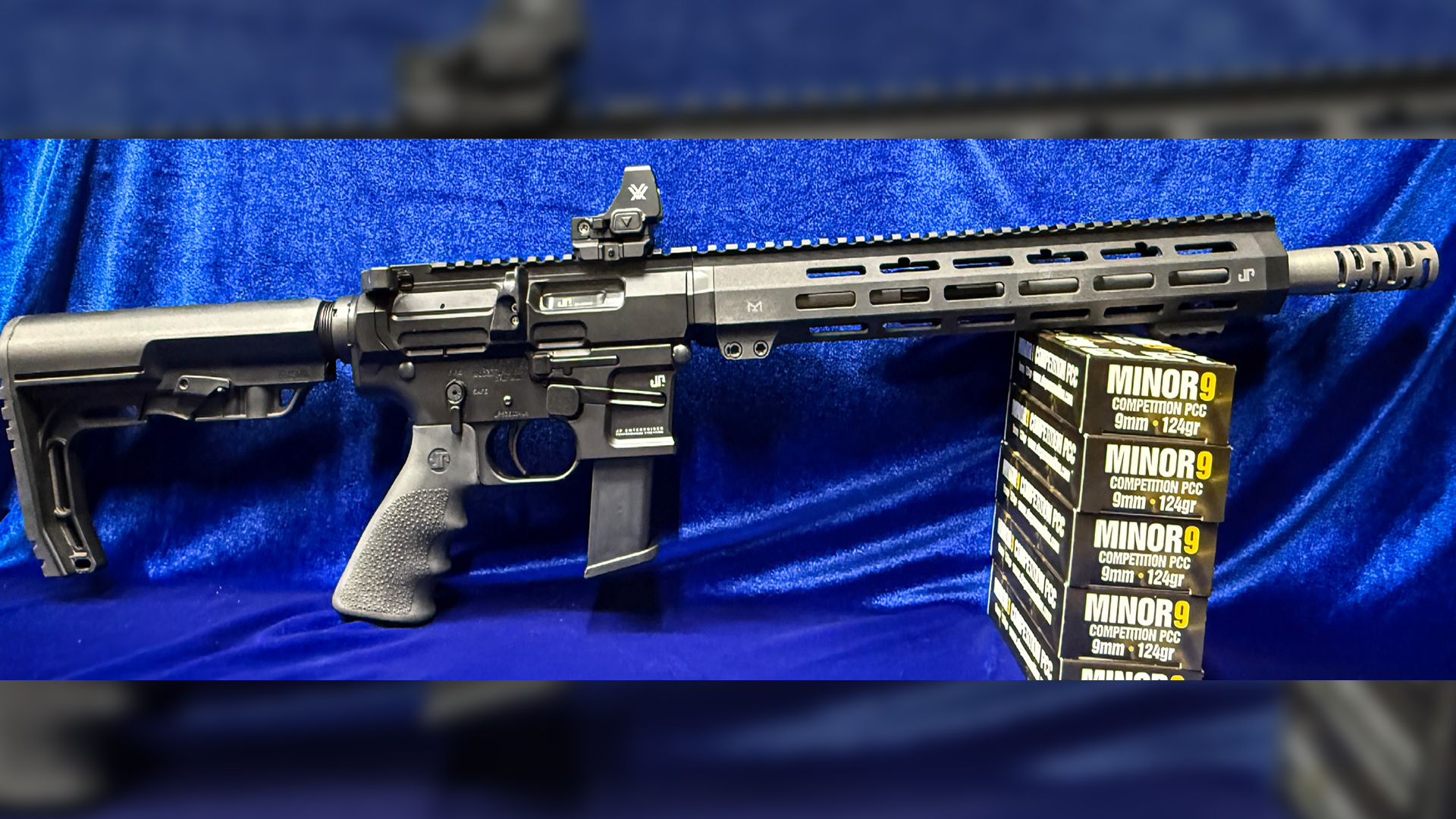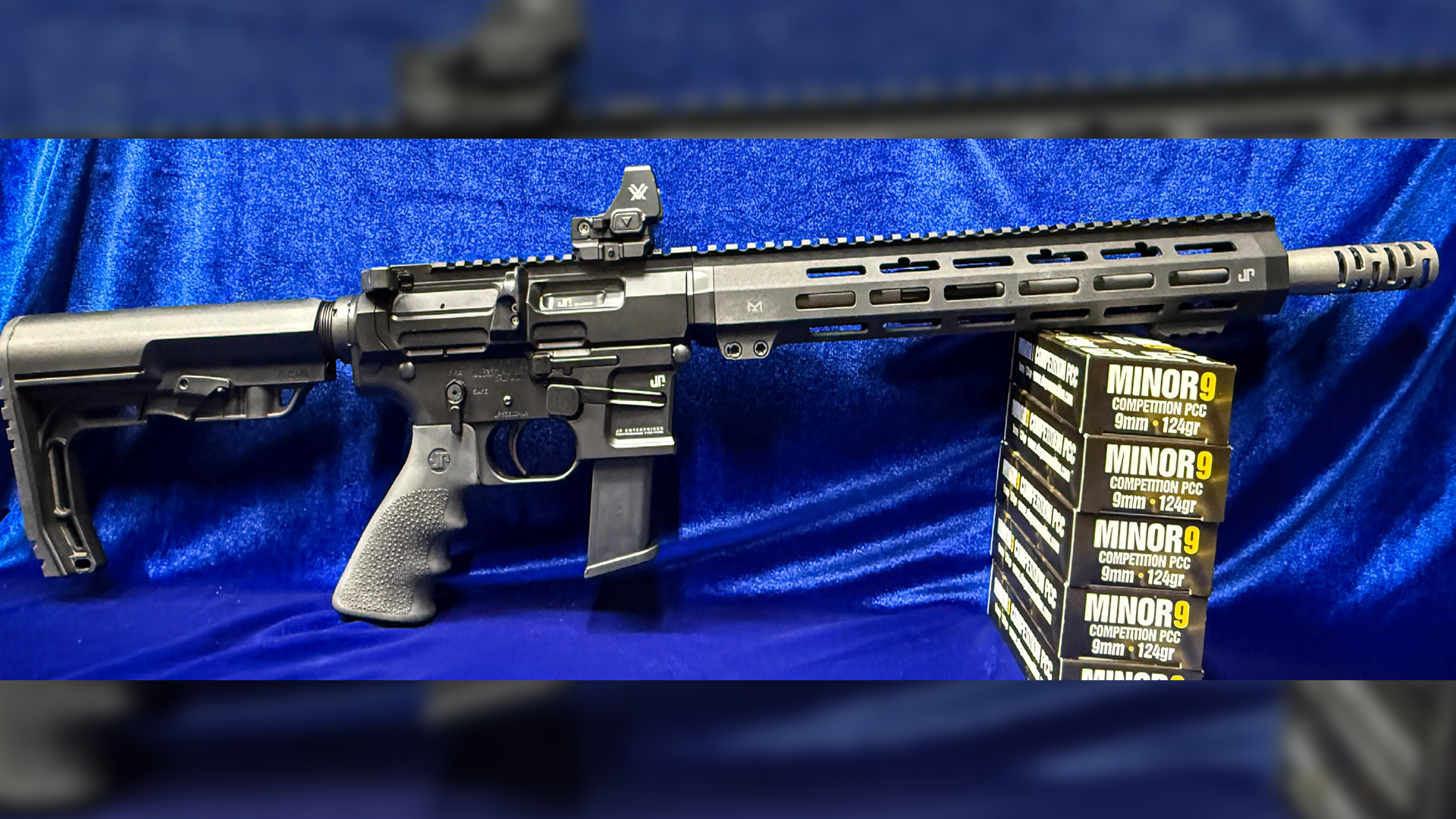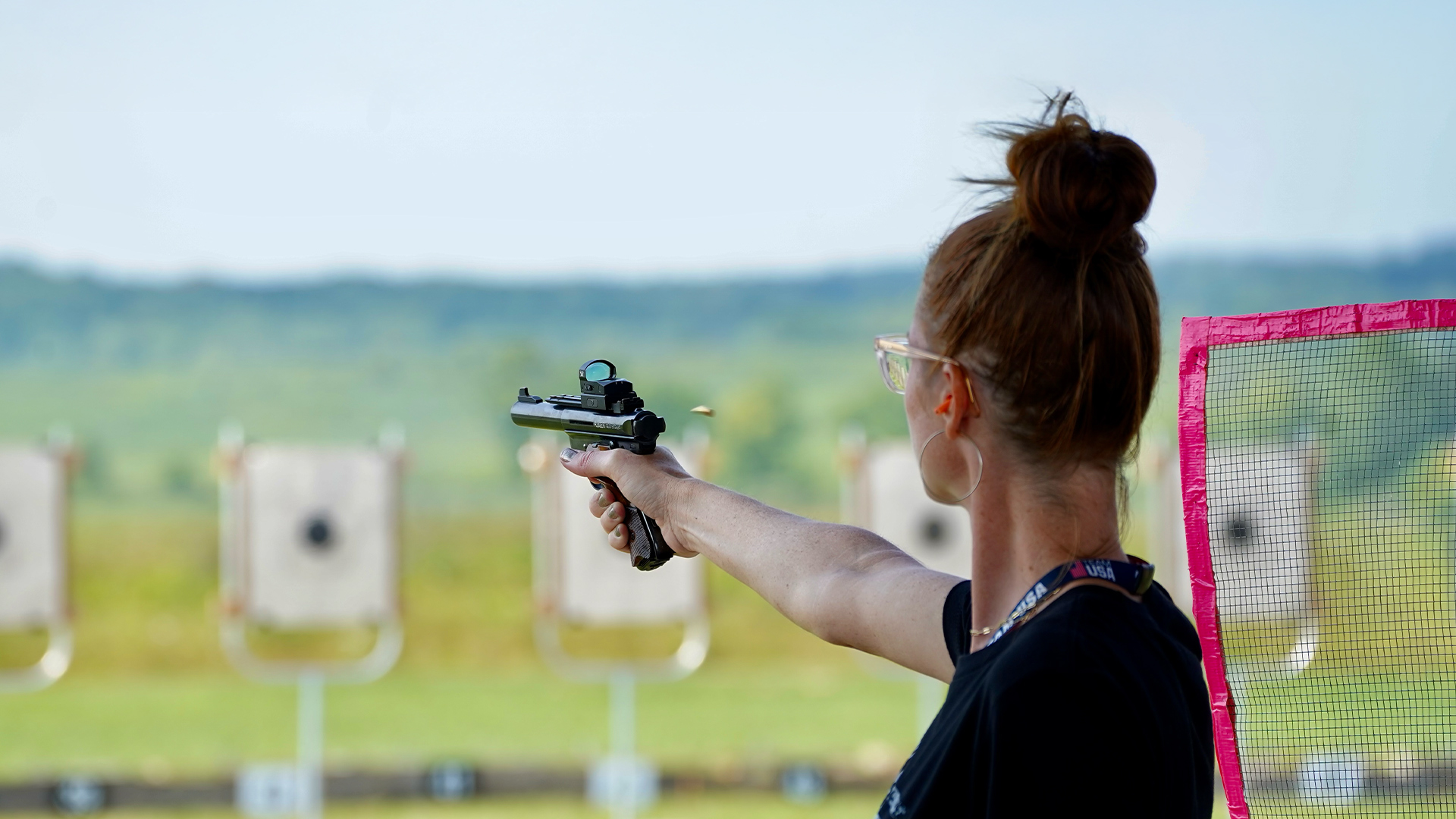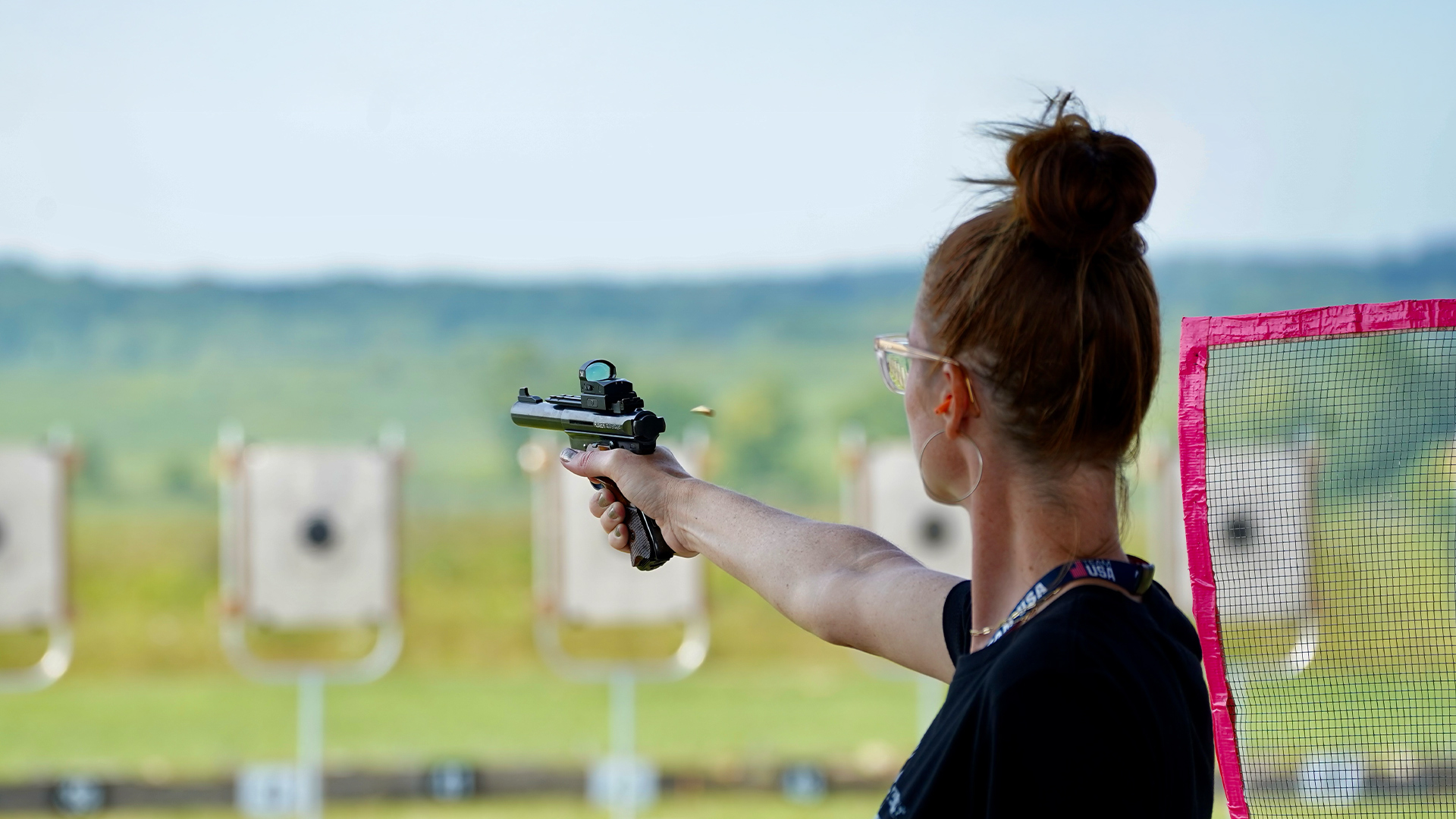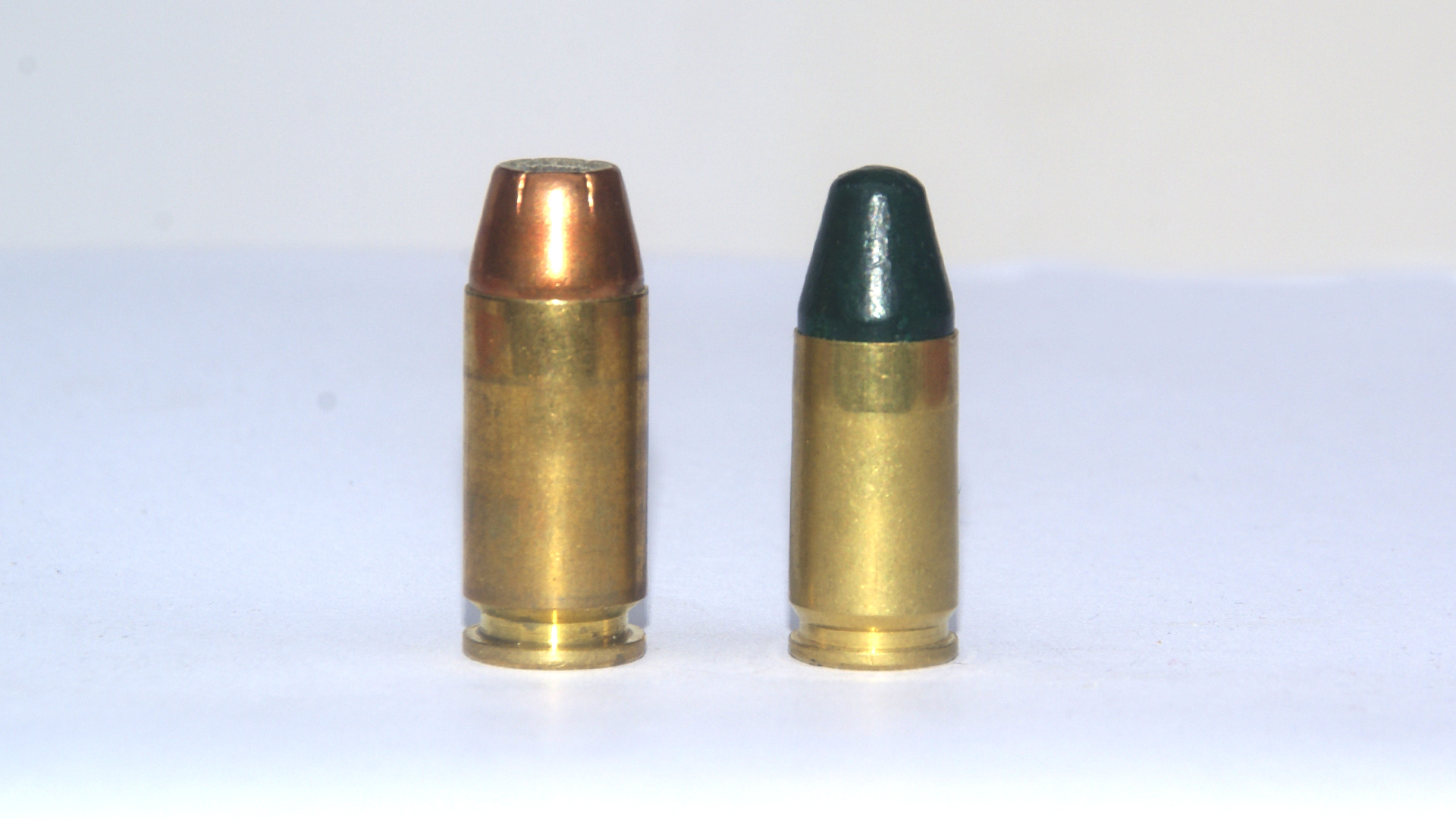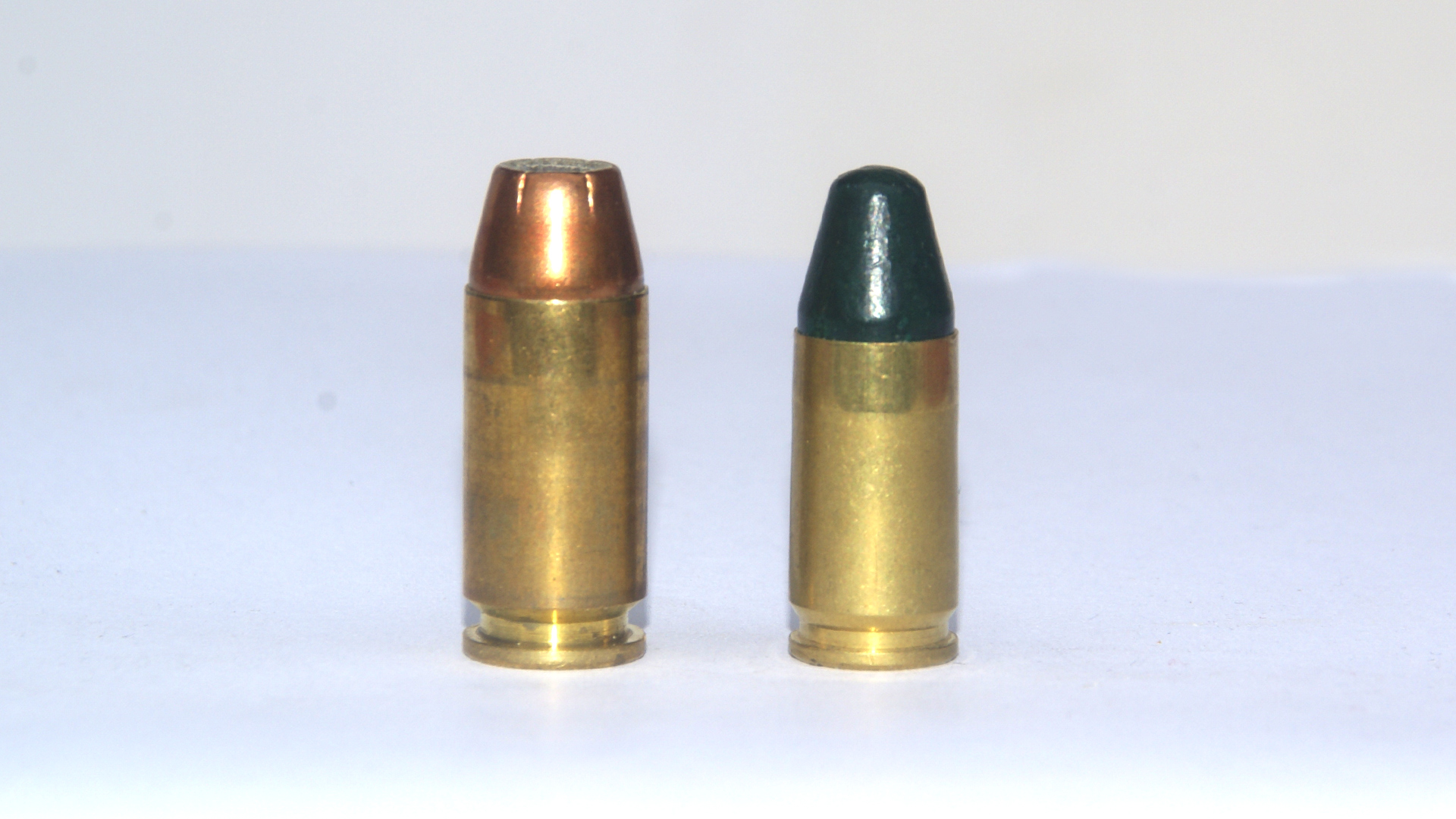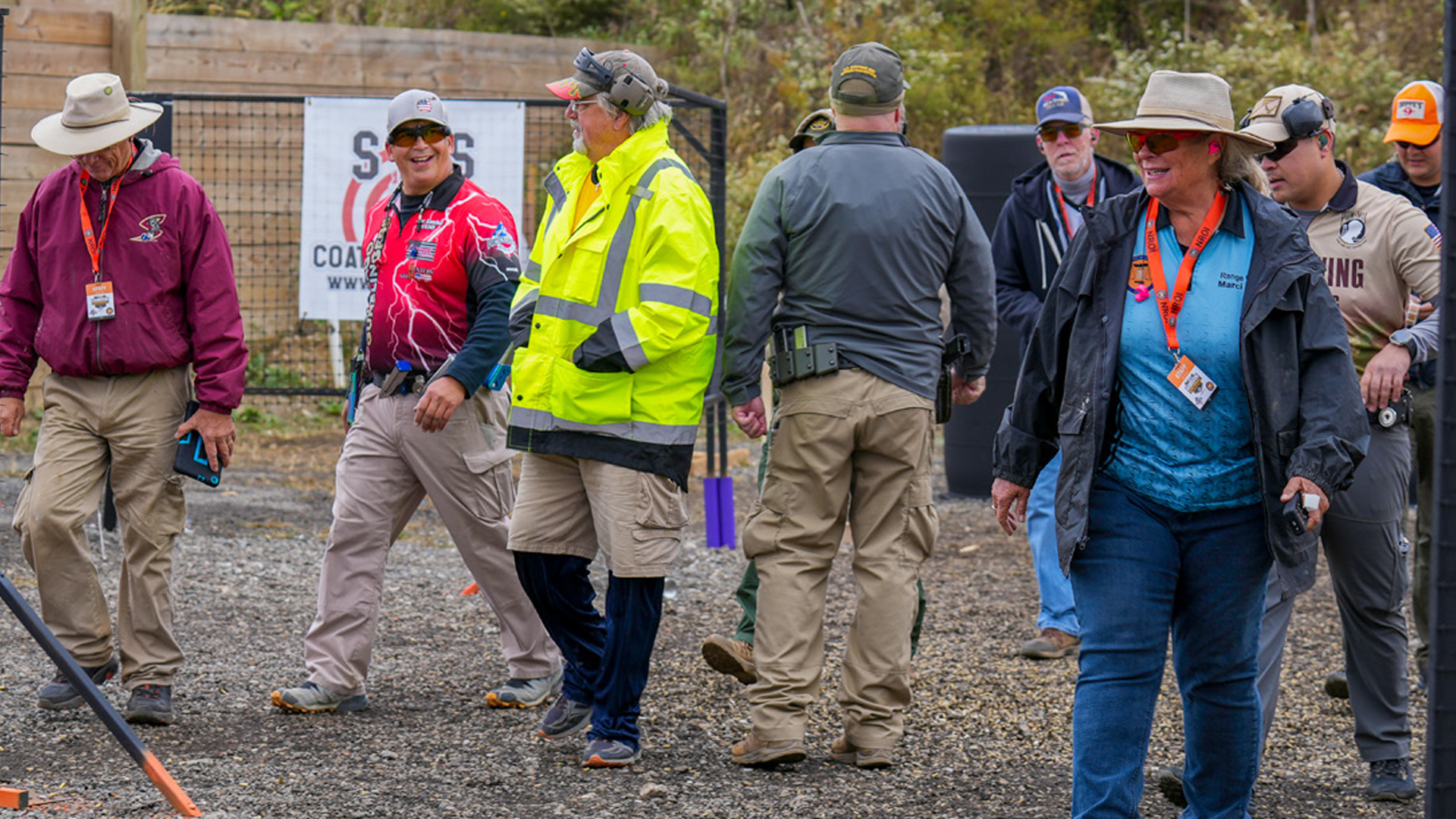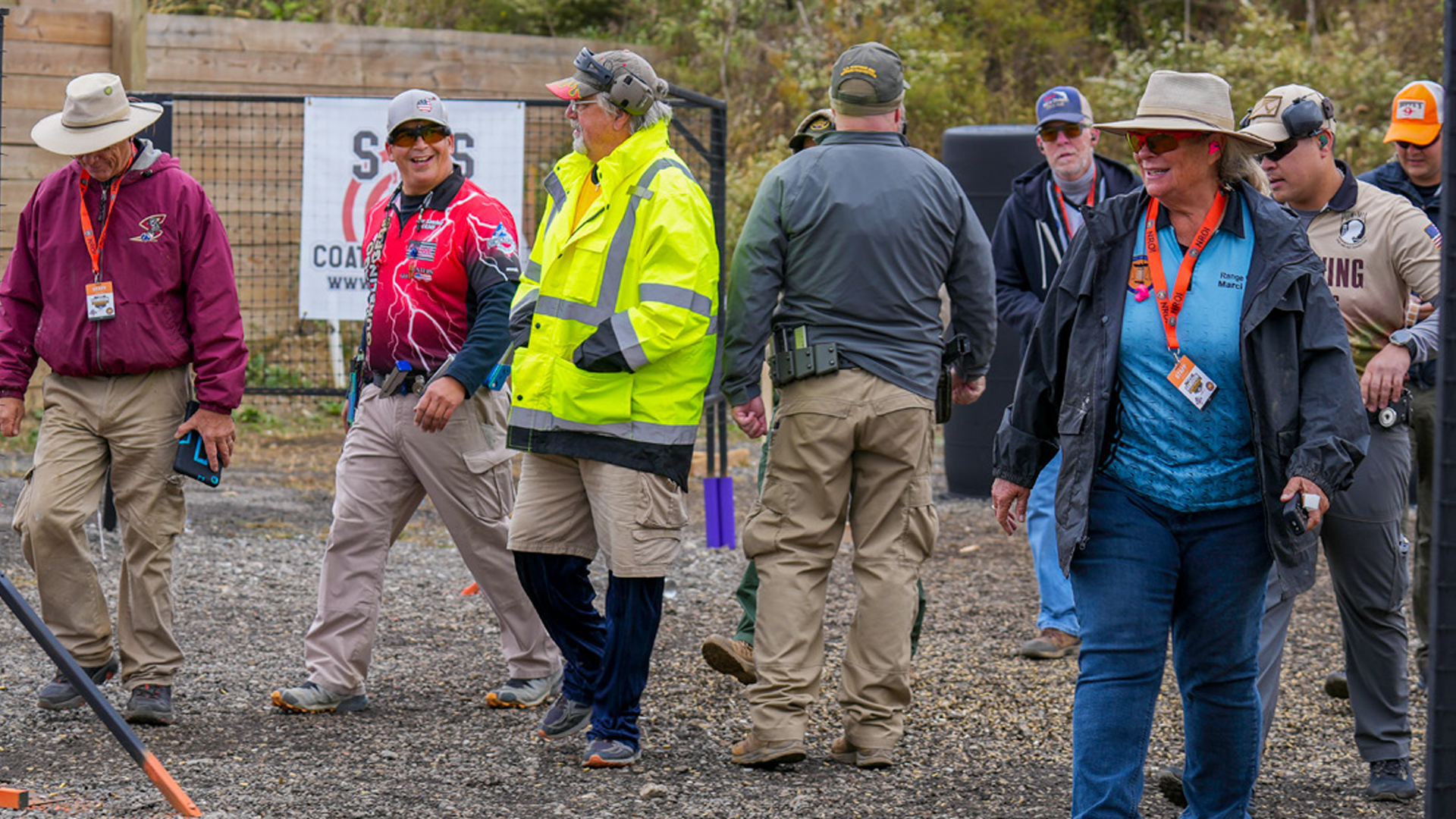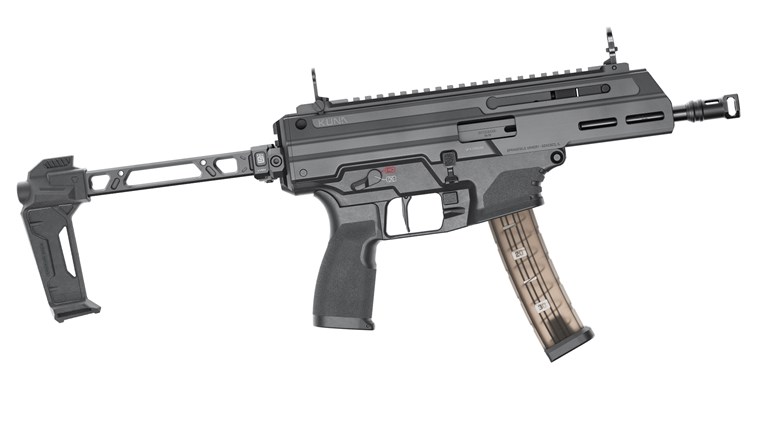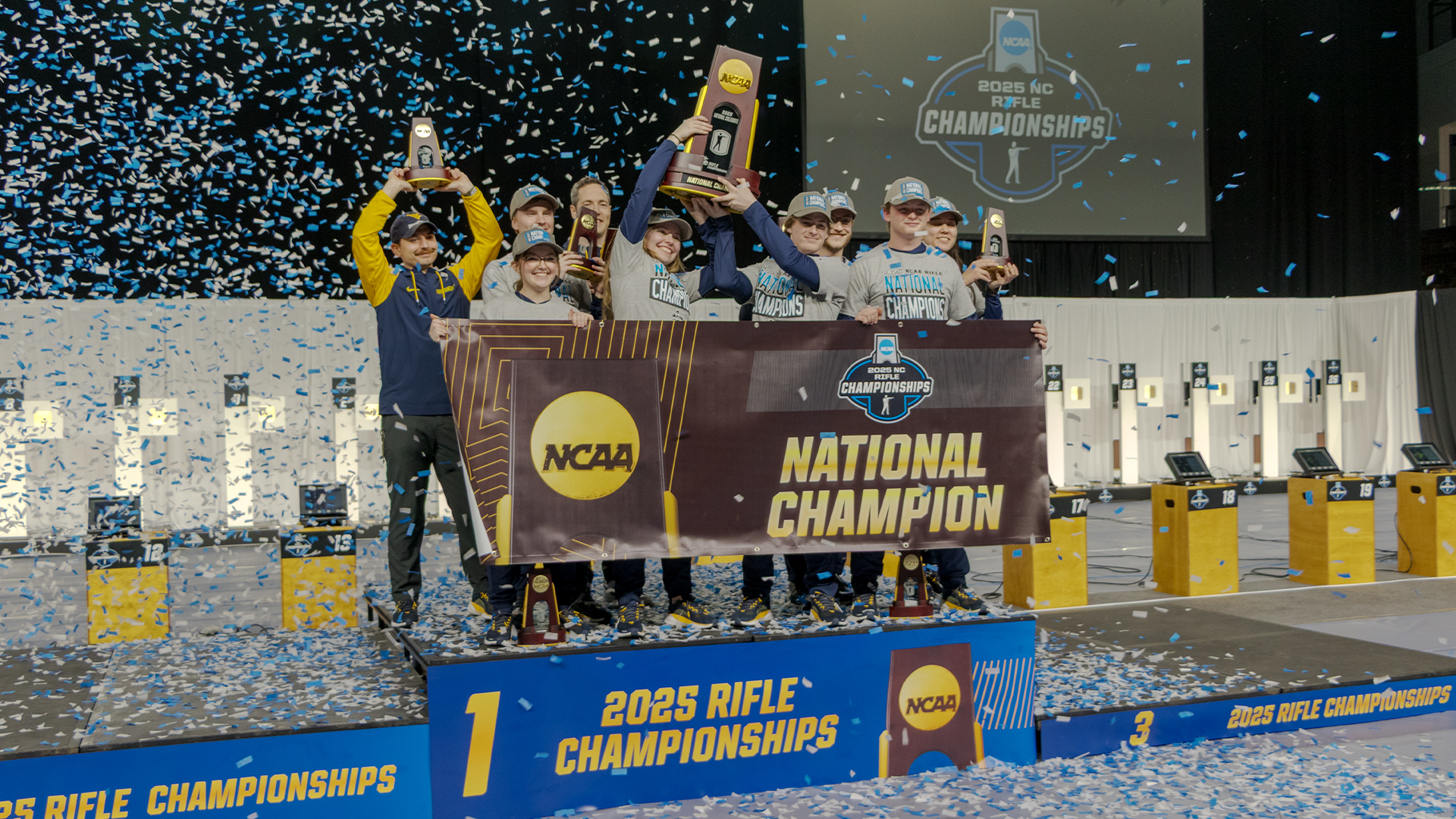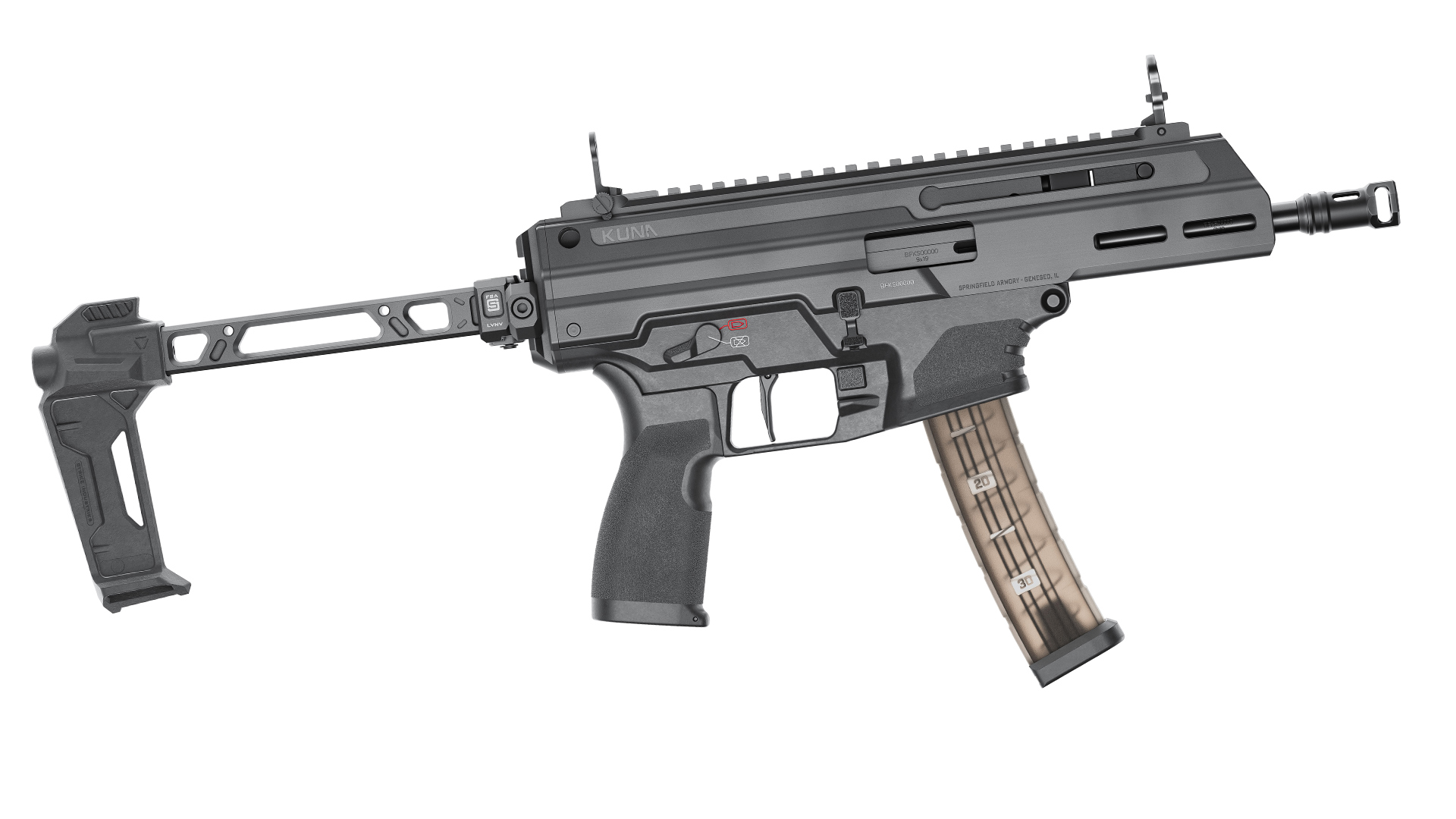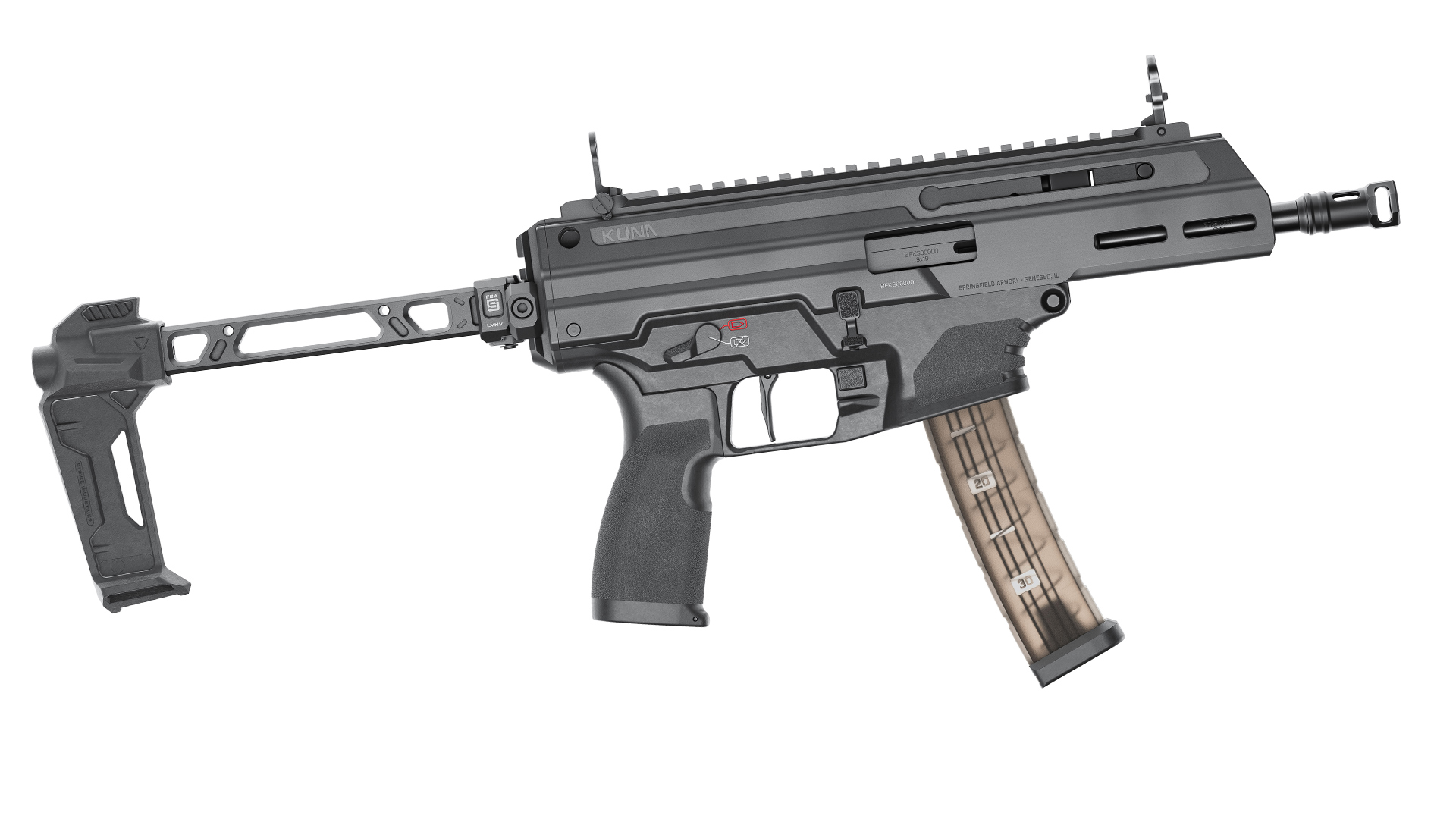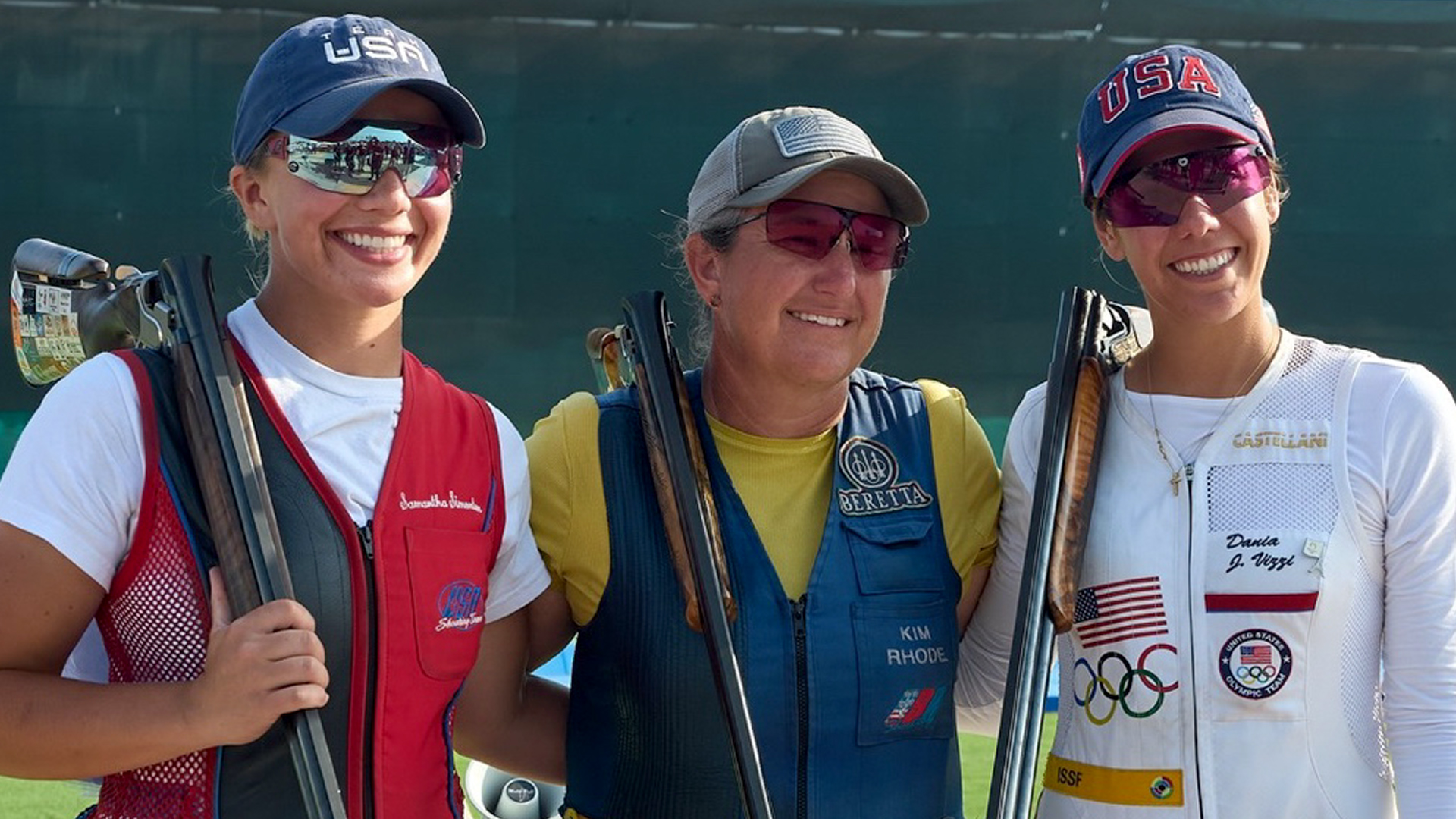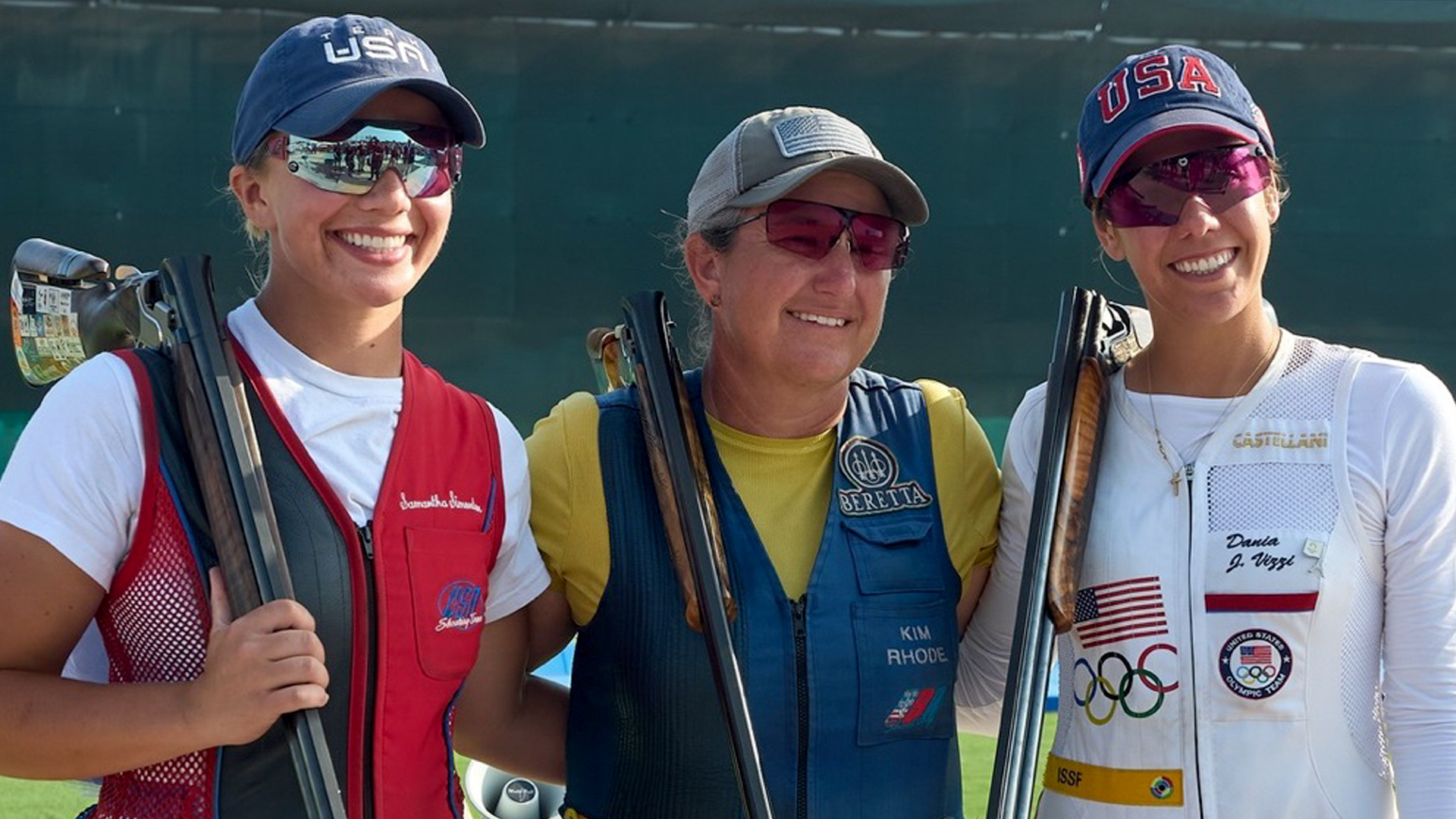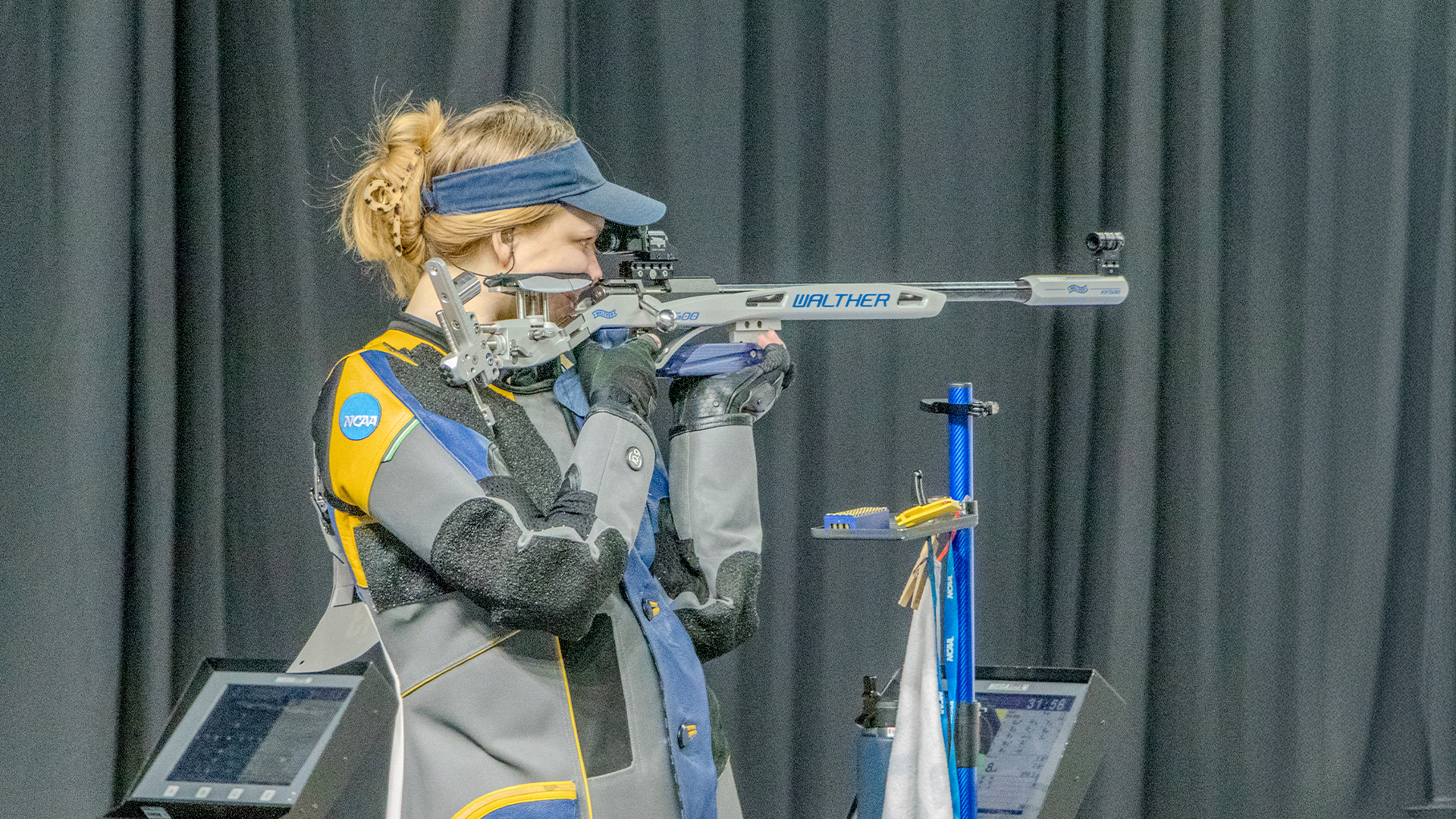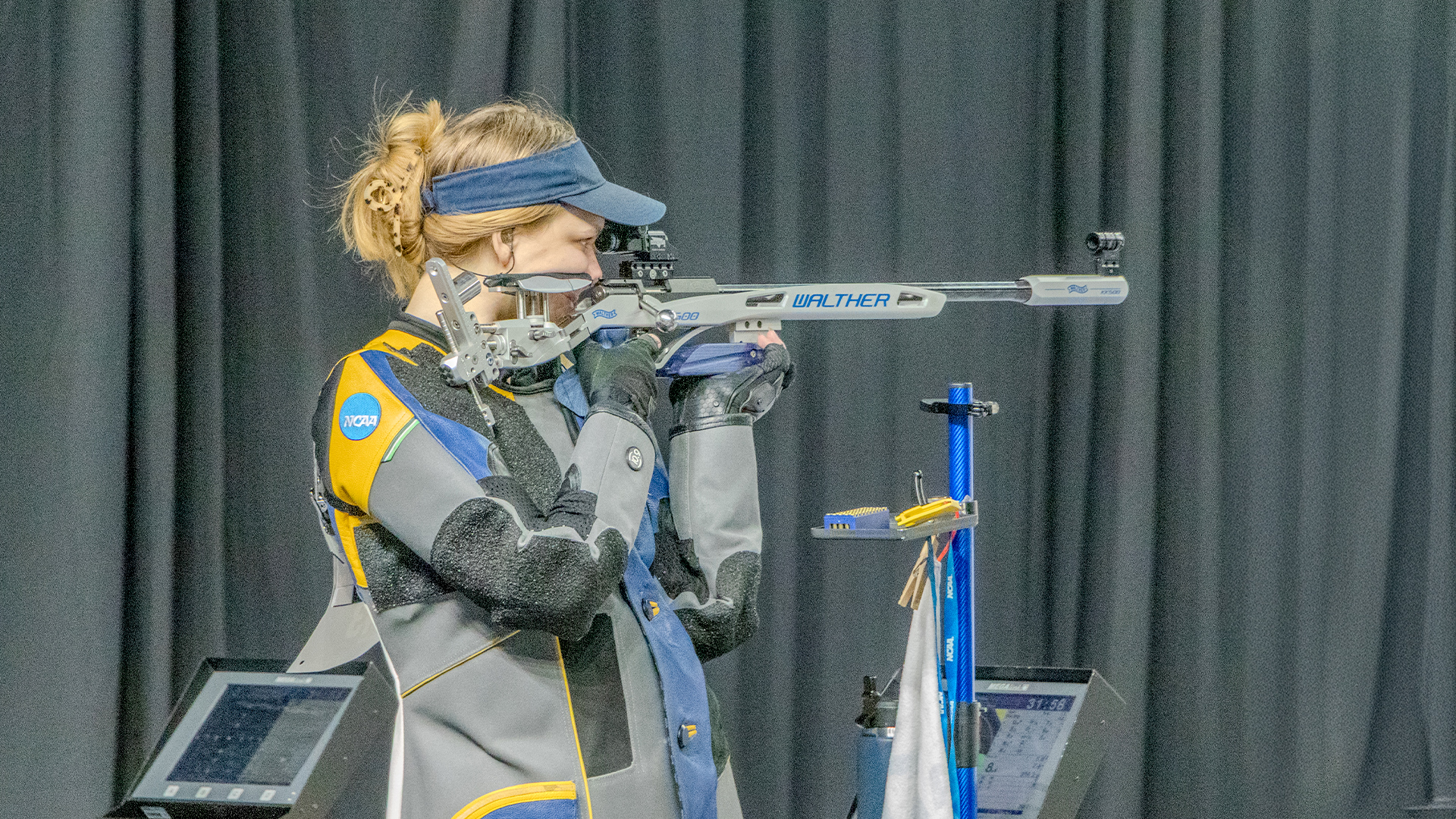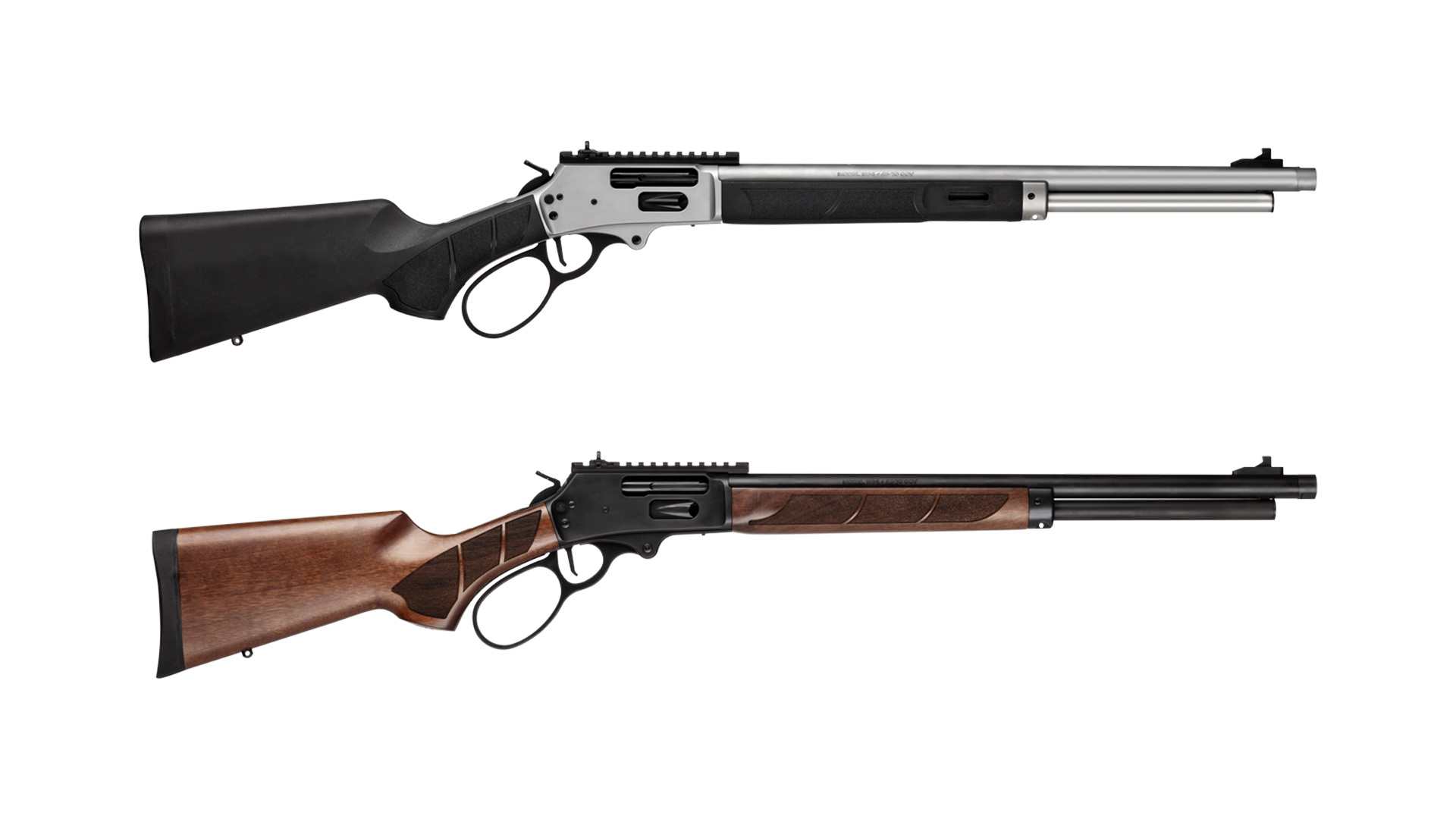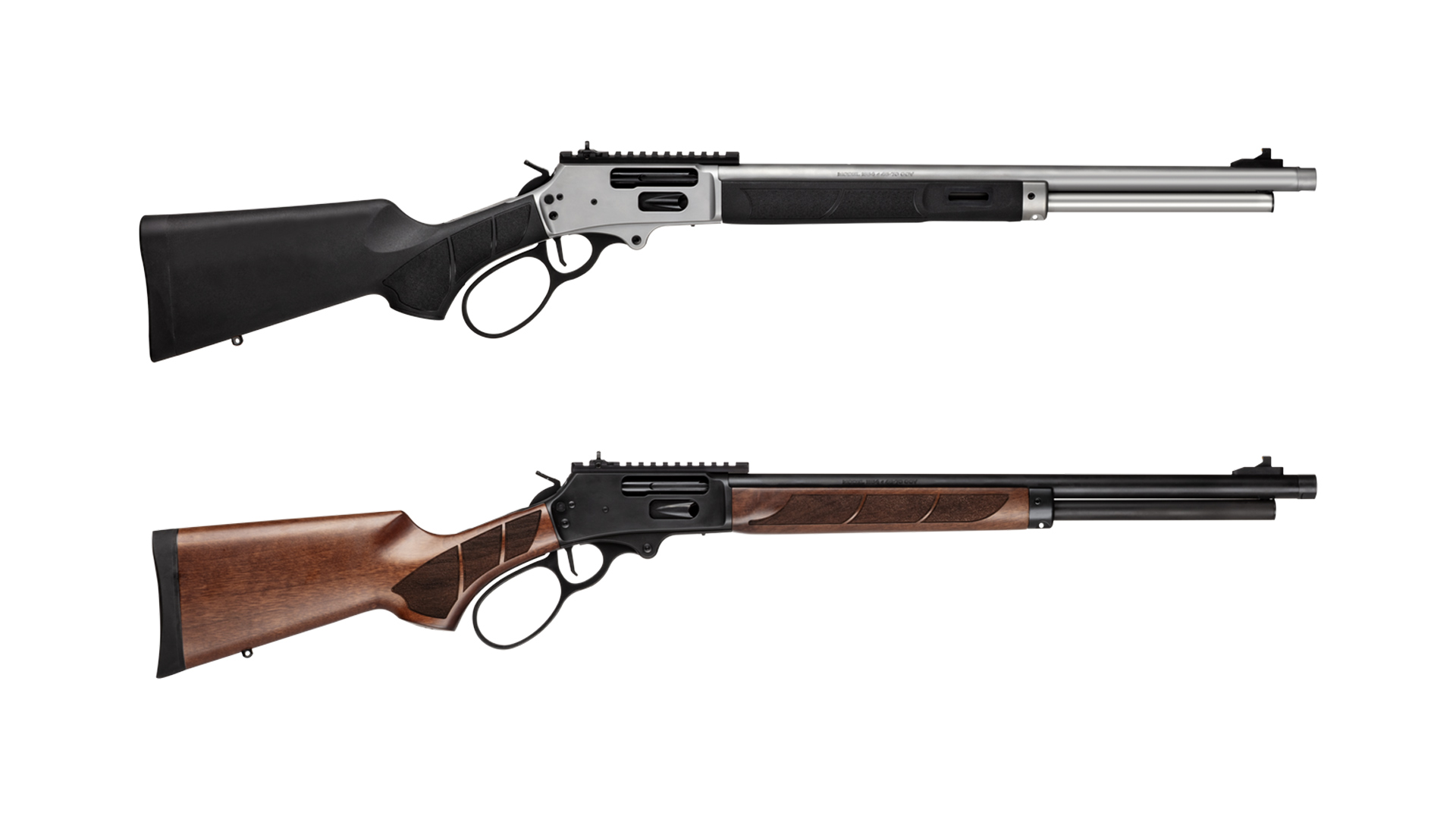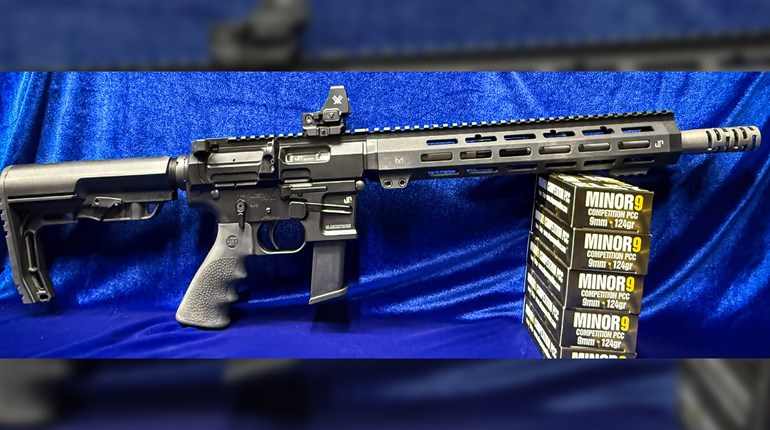
Shooting is fun, but afterwards comes the not-as-much-fun cleanup time. Here are some tips to help keep your gun happy and healthy.
1. Avoid abrasive cleaners.
I know, they can cut down cleaning time. But by their very nature, they can damage the surface or finish on what you’re cleaning, whether it’s made of steel, aluminum or titanium. Be especially cautious when cleaning titanium. Smith & Wesson and Taurus use titanium extensively in some of their revolvers. Titanium has a protective surface layer. If it is damaged, the metal is more subject to erosion/gas cutting, which eats away at the metal.

Although titanium can be cleaned with normal procedures and high-quality oil and solvents, never use abrasive products like sandpaper, Scotch-Brite or crocus cloth. Check the label of your cleaning product for warnings about titanium or any other finish such as bluing, chrome, nickel, cerakote and so on. If in doubt, ask the product manufacturer.
2. Protect the crown.
I’m not talking about British Royalty here. A barrel’s crown is the muzzle, and the end of the rifling is critical for accuracy. Damage to this part of the crown means the bullet will not clear the muzzle at the same microsecond around the entire circumference of the bullet. Anything that throws this off results in lopsided release and gas expulsion that can disrupt the balance of the bullet, causing it to deviate slightly from its path and degrade accuracy.

Thus, be sure to clean from the chamber end whenever possible. For revolvers where you have to clean from the muzzle end, use a brass or aluminum rod. Don’t use steel cleaning rods. They can damage the crown.
3. Don’t use steel.
Speaking of steel, just don’t. Don’t use anything made of steel for cleaning your gun. No steel (or stainless steel) brushes. No steel cleaning rods. No steel, period, because it will scratch surfaces and dull edges like your rifling. Don’t use steel cleaning rods even if you clean a barrel from the rear. You don’t want hard steel rubbing on your riflings. Brass rods are best, in my opinion. Aluminum shavings can be scraped off by sharp edges, and those shavings can end up in the gun. Brass is more durable but soft enough that it won’t scratch steel.
4. Remember the nooks and crannies.
A thorough cleaning includes the nooks and crannies where crud can build up and cause malfunctions. An example with semi-automatic pistol barrels is the corners of the hood and the cutout in the slide. Baked-on accumulating crud here can make the barrel resist lockup.

With double-action revolvers a trouble spot is crud under the extractor star. A few flakes of gunpowder here means the star won’t seat fully and a protruding star will prevent the cylinder from closing or rotating. That’s what a toothbrush is for. A quick brushing under the back of the star and where it fits in the cylinder will do the job.

Total disassembly? At some point, some guns need to be disassembled beyond simple field stripping to be properly cleaned. If you shoot enough rounds, the crud can build up in places where it is difficult to get to, like inside the guts of the frame.

Cleaning the frame might require more disassembly, or not. I completely disassemble my 1911 pistols from time to time because their innards can be so filled with crud that the gun malfunctions, and spraying solvent in the frame doesn’t always get to where it needs to be cleaned. This includes the slide, too. Crud buildup in the extractor tunnel can cause extraction problems, and the best way to get it out is to remove the extractor and clean the tunnel.
Some frames have a more open arrangement where you can get away with hosing them down with a spray lube/solvent and wash the majority of crud out. Glocks are amenable to this, as are many other pistols.
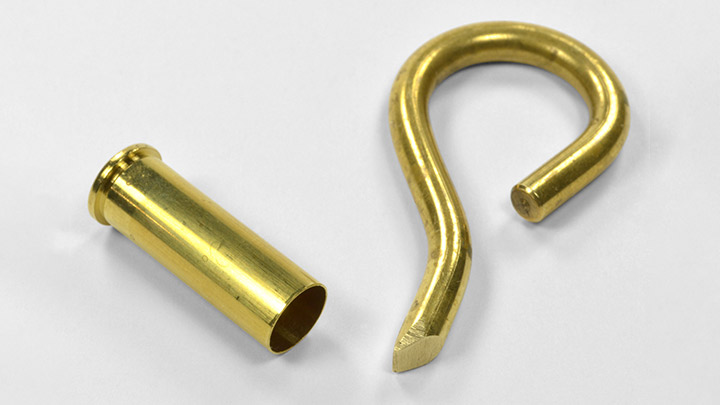
5. Use lead-free primers.
This really should be number one on the list. If you want to prevent your gun from getting so dirty in the first place, use lead-free primers. Much of that black crud is from regular primers, not just the powder. Lead-free primers dramatically reduce fouling and make it much faster to clean the gun.
Lead-free primers in loaded ammunition is generally whatever can use small primers, like 9mm, .38 Special, .40 S&W and even .45 Auto cases with small primers instead of large ones. They are used in some factory handgun ammunition from Federal, Magtech, Remington, Speer and Winchester. Fiocchi lead-free primers are available for handloaders in small pistol and small rifle form.
See more:

